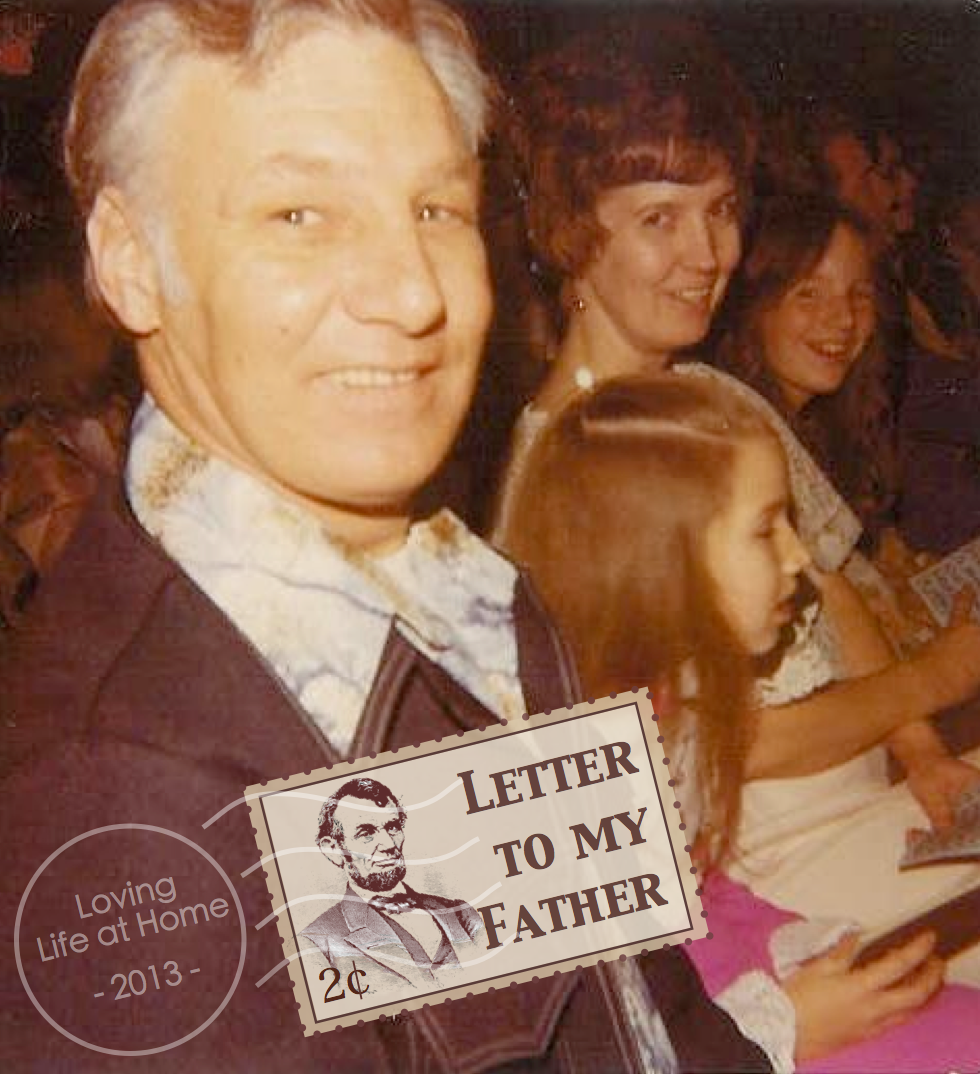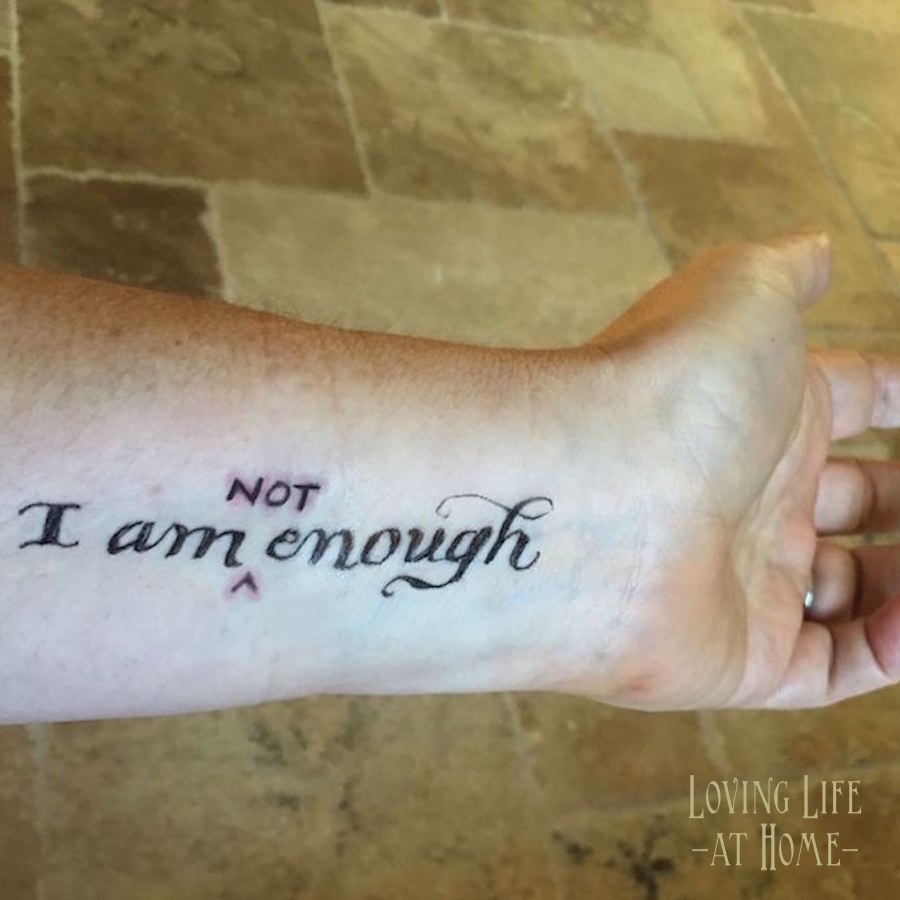EP 49: On Miscarriage – Help for Hurting Hearts
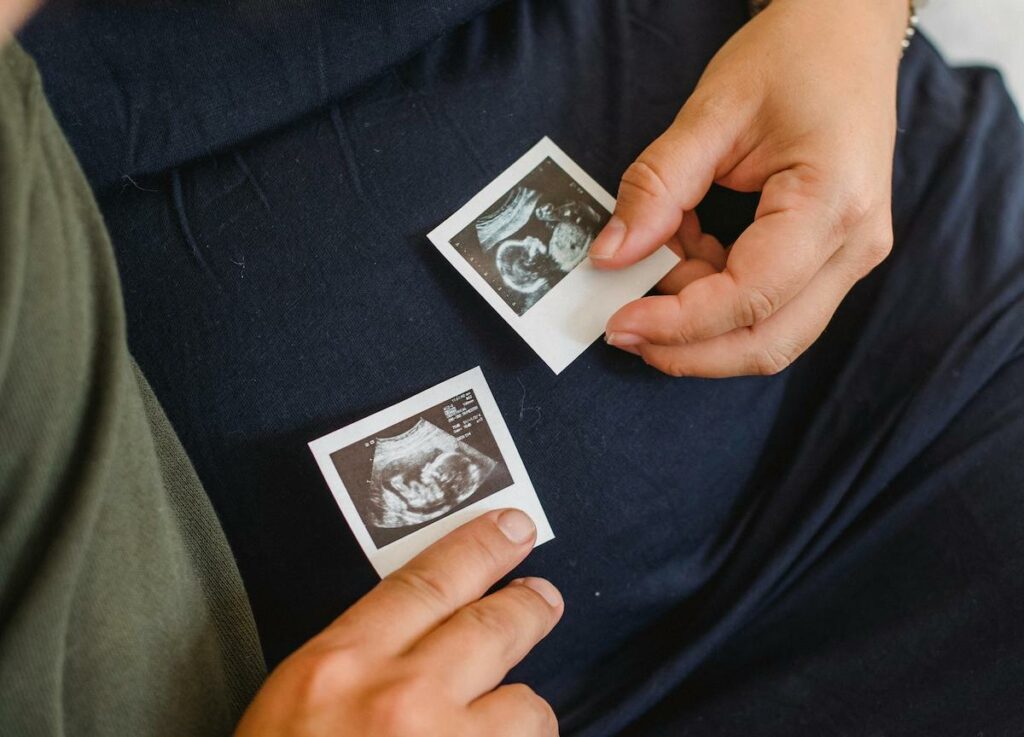
Since I sometimes hear from women asking for advice on dealing with miscarriages, I wanted to share my thoughts and experience with this topic in hopes of encouraging others who may be suffering from the same kind of grief and loss.
Listen in this week as we discuss recovering from miscarriage, rainbow babies, responding to insensitive remarks or hurtful comments, and much more.
Show Notes
VERSES CITED:
- Psalm 30:5 – “Weeping may last through the night, but a shout of Joy comes in the morning.”
- Romans 12:15 – “…Mourn with those who mourn.”
- Psalm 139:13-16 – “For you created my inmost being; you knit me together in my …”
RELATED LINKS:
STAY CONNECTED:
- Subscribe: Flanders Family Freebies -(weekly themed link lists of free resources)
- Instagram: follow @flanders_family for more great content
- Family Blog: Flanders Family Home Life (parenting tips, homeschool help, printables!)
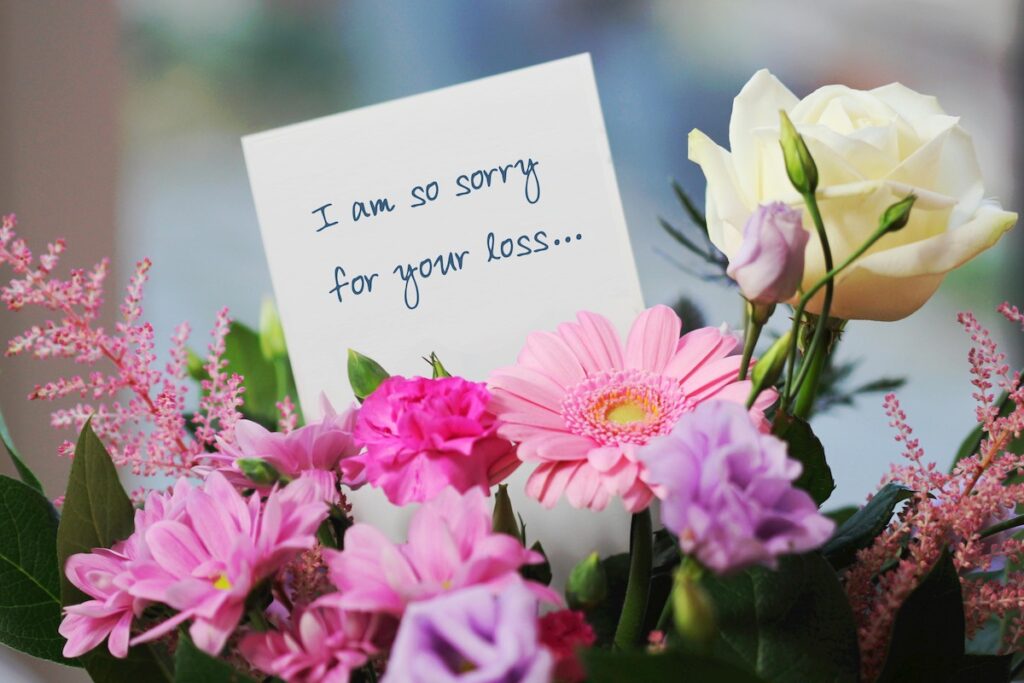
On Miscarriage (EP 49 Transcript):
Hello, Friend.
Welcome to episode 49 of Loving Life at Home. Today is June 17, which is the day after Father’s Day. But it also happens to be the day after my daughter Rachel’s 23rd birthday.
Rachel is what some people call a rainbow baby, meaning she was born after I had suffered a miscarriage.
Since I sometimes hear from women asking for advice on dealing with or recovering from miscarriage, I wanted to share my thoughts and experience with this topic in hopes of encouraging others who may be dealing with the same kind of grief and loss.
Please be aware that I am not a physician and my comments here are not meant to constitute medical advice. Your situation may be vastly different than mine and require a different approach to treatment and recovery.
As I’ve said in the past, God has blessed me with relatively easy pregnancies and smooth, complication-free deliveries that result in big, strong, healthy babies. Those things have been true twelve times over.
But what I didn’t tell you is the fact that my 8th pregnancy didn’t follow that pattern as well as all the others.
Things seemed to be progressing normally….
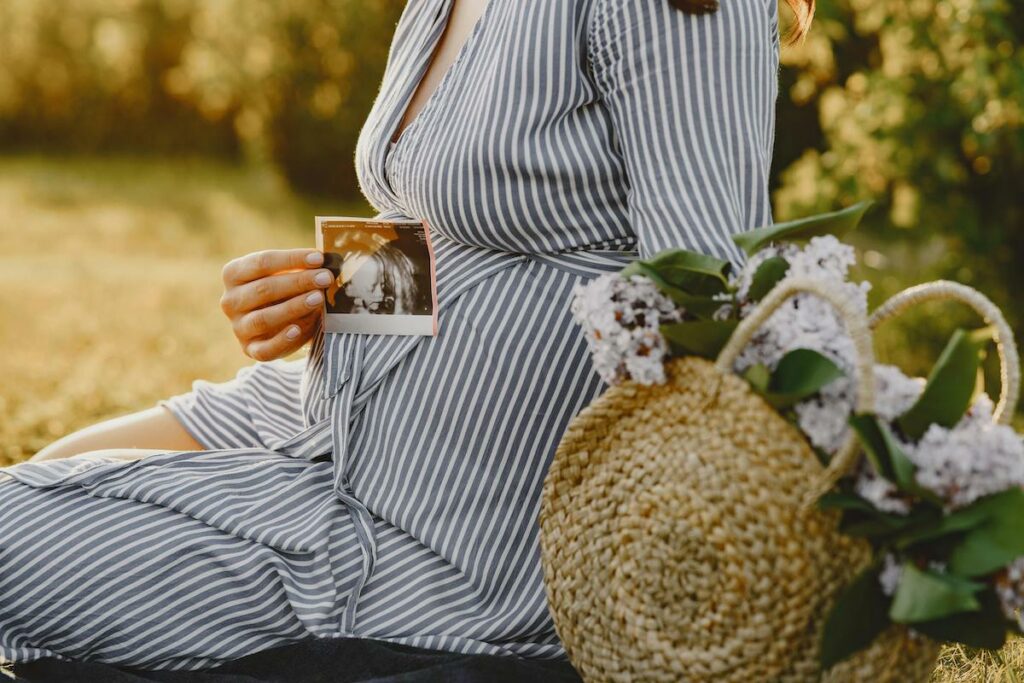
I didn’t have any early bleeding. During my third pregnancy, I had a lot of spotting. During the fourth, I bled so much, my doctor prepared me for the worst and scheduled a sonogram – which weren’t routine back then – to see what was going on.
But both times, the babies were fine, they were born full term and healthy, and both are now full grown with families of their own. #3 is a pediatric dentist and #4 is an anesthesia doctor just like his dad.
But I didn’t have any bleeding or spotting in the first trimester of my eighth pregnancy.
Baby was growing. He had a strong, steady heartbeat. (During some of my earlier pregnancies, my doctor had a hard time locating the heartbeat at all thanks to the fact I have a retroflex uterus, which means it’s curved backward rather than forward in my abdomen. That particular anatomy caused enough false alarms of suspected miscarriages in early office visits that we stopped even trying to listen to the heartbeat until later in my pregnancies).
But for that eighth pregnancy, the heartbeat was present and ticking away normally. I could even feel those first flutters of movement from the little one growing inside me.
In other words, for the first 16-17 weeks, my 8th pregnancy felt equally or more normal than all the pregnancies preceding it.

Then, at 17 weeks, I woke up one night in a puddle of blood. And I delivered my lifeless little baby on my way to the bathroom. He was a perfectly formed little boy about the size of my palm. I could count every tiny finger and toe.
When I called to my sleeping husband for help, he saw how much blood I was losing and how fast and rushed me to the hospital. We were less than five minutes away, but I was white as a ghost by the time we got there and fading fast.
Yet thanks to the mercy of God and the excellent care of my doctors, I survived.

And God blessed us with another five easy pregnancies and full-term, healthy births after that, starting with our sweet Rachel, whom we conceived the month following the loss of our precious little Joshua Adam.
I had a wonderful OB who attended me at the hospital the night we lost Joshua and spoke with me and my husband at length about my miscarriage. I will be eternally grateful for the advice he gave us during that difficult time. Here’s a list of my major take-aways from our conversation with him and from my later reflections on the topic.
I hope they’ll be of some value to you, as well, if you ever face a similar loss:
Help for Hurting Hearts:
1. Give yourself time to recover
As I mentioned before, I lost a serious amount of blood when I miscarried and had to be admitted to the hospital overnight. I also had to take extra iron supplements for several months following the miscarriage. It is okay to put your feet up for a while after you miscarry while you recover and regain your strength.
2. Allow yourself time to grieve
I was so blessed to have an empathetic doctor! He recognized the loss and didn’t assume it was any less profound just because we already had seven other children at home (though, I must admit, those children were a healing balm to my soul).
As painful as it was to lose a baby and come to grips with the fact I would never hold him in my arms, never nurse him or see him take his first step, never hug or read to him, never see him graduate or get married, my heart hurts even more for women who miscarry their first baby and are forced to come home to an empty nursery!
At least I had other little ones to hug and cuddle and enjoy. They will never take the place of the baby I lost, but they certainly helped distract me and gave me lots of good reasons for moving beyond my grief and engaging in life again.
If you’ve lost your first baby, or your first several babies, I am so very sorry. Although you may not have the same kind of obvious, built-in motivation for pressing on in the midst of your anguish as I did, but I know lots of good reasons for doing so exist and I pray God will open your eyes to them and restore your joy, as well.

Another thing we took away from our conversation with the doctor the night I was in the hospital was:
3. Don’t be afraid to try again
Not only was our doctor solemn and empathetic, but he was simultaneously hopeful and encouraging. He told us in no uncertain terms we should not to let the miscarriage scare us out of trying again. If we wanted more children, he said he saw no reason that we shouldn’t have more.
Which, again, we already had seven children. I don’t think this is the medical advice left-leaning doctors would’ve given to a couple in our situation. But, God being rich in mercy, sent us an OB who gave us the exact words of reassurance we wanted and needed to hear.
We asked the doctor if it were necessary to wait a number of weeks or months before conceiving again, and he told us we could try again as soon as we felt like it. (Now, that may not be true for everybody, as other ladies may have complicating health factors, but I was otherwise strong and accustomed to very easy pregnancies and smooth, complication-free deliveries, so that was the advice my doctor gave me).
We got pregnant again the very next month. The Bible tells us,
“Weeping may last through the night, but a shout of Joy comes in the morning.” (Psalm 30:5)
That was certainly the case for us. We grieved the death of our baby boy. It made us so sad to lose him, and the entire family felt the loss. But God didn’t leave us in our grief. He walked through it with us. And joy did return, if not the very next morning, it was definitely there ten months later when we held that new baby girl in our arms – a baby girl we named Rachel Joy, who has been spreading smiles and sunshine almost continuously from the moment we learned she was on her way!
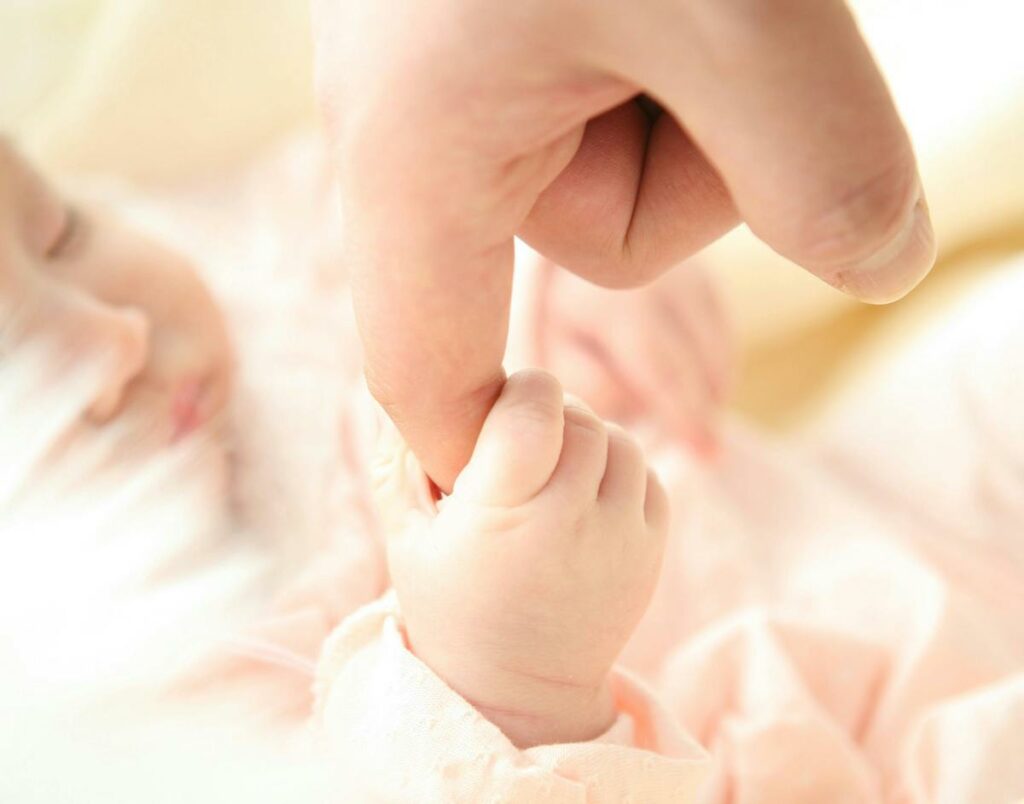
My 4th takeaway from the doctor’s words to us that night so long ago?
4. Recognize the risk of future miscarriages
Although the doctor gave us a green light for trying again, he did warn my husband that as I aged, the miscarriages might become more frequent.
And, sure enough, I did end up having one more miscarriage after our twelfth child was born.
I lost that baby when I was only about 6 weeks along. I was 45 at the time but would have been 46 by the time I delivered. And, to be honest, if it weren’t for early detection pregnancy tests, I might have just assumed my period was a couple weeks late.
To my knowledge, I have had no miscarriages since. I’ve also had no babies after that last miscarriage, although we would certainly have been delighted for God to send us more (and did nothing to prevent pregnancy throughout a full decade of fertile years that followed!)
By the way, the five pregnancies in between my two miscarriages were all full term and produced beautiful, healthy children that we could not imagine living without. Interestingly, my last two pregnancies (at age 42 and 44) were my easiest, most energetic pregnancies and quickest, smoothest labors and deliveries to date!
I hope that testimony will serve to encourage you and give you hope.

Now, the last 2 things I want to discuss today are not something my doctor talked about with me, but they’re topics I’ve pondered myself and discussed with friends. One is, when you are grieving, how should you respond to people who make insensitive comments? And another is, what should you say to somebody who has lost a child (whether they miscarry or have a still birth or suffer the loss of an older child through illness, injury, or any other means?
5. Respond graciously to insensitive remarks
For me, the right response to insensitive comments has always been to assume they are well intentioned and reply as graciously as possible.
I remember reading about a woman who had lost a child. I don’t remember how old he was when he died – it wasn’t a miscarriage. He had been born healthy and lived for some time. Maybe he died of SIDS. Maybe he drowned. Maybe he was in a car wreck. I don’t remember any of those details.
But what I do remember was the fact that somebody tried to express sympathy to this grieving mother by telling her, “I know just how you feel, because I lost my little dog recently.
Now, I think most mothers would agree that it is wildly inappropriate to equate the loss of a child to the loss of a pet, no matter how loved the pet was. But what impressed and humbled me was this particular mother’s response to that comment.
She realized the person (1) was trying, however poorly, to sympathize with her and (2) was obviously still shaken up over the death of her dog, however long it had been since its passing. So, do you know what she did?
With complete sincerity, she said to the woman who’d lost the pet, “Oh, I am so sorry for your loss! What was your dog’s name?”
Instead of being offended by what many would consider an insensitive comment, she listened sympathetically as this person poured out her own grief about her furry little friend. And I imagine both women benefited from her willingness to lay aside her own grief for a moment to “mourn with those who mourn and weep with those who weep.”

Now, you and I may not be able to respond that graciously when we are in the thick of processing our own pain, but nonetheless, that is my goal.
When I came home from the hospital after losing Joshua, my children consoled me with tearful hugs and kisses, homemade cards and bouquets, and the heartfelt pronouncement from my 8-year-old that (at least) “you still look pregnant, Mommy.”
That’s not exactly what most women want to hear – that they look pregnant when they aren’t – but what my little boy said was entirely meant to cheer me up and, strangely enough, it did!
Other comments I heard after my miscarriage:
- “At least you still have 7 other children” – true, although that doesn’t mean I don’t miss the one who’s gone.
- “Maybe God has a reason for taking him home early” – doubtlessly so, but that doesn’t make it hurt any less and isn’t a particularly comforting thing to say
- “You can try again” – that’s right, but it won’t bring back the one we lost
So, in responding to the comments others make to you when you’re the one grieving, assume the best. Take what they say in the spirit it was intended. And realize a lot of people haven’t the foggiest clue what to say to someone who broken in spirit, no matter what the cause of the grief.
At least the people who say insensitive things are saying something. When faced with hard situations like that, some friends don’t say anything at all, and their silence can hurt too. In fact, sometimes the silence can be deafening.

It can feel like your friends don’t care or like they’ve abandoned you to suffer alone. But it may just be that they are so afraid of saying the wrong thing, that they opt to say nothing. And you need to extend grace in that situation as well. Again. Assume the best. Be grateful for friends who sit with you in your grief and forgive the friends who don’t come around.
Of course, I’ve heard from some women who had to deal with comments that definitely would’ve been better left unsaid. Comments that intimated that their miscarriage was a punishment from God for some hidden sin or food choice or other random decision that led to the demise of their unborn baby.
All you have to do is read the book of Job to see the faultiness of that kind of reasoning.
Besides, I’ve found that a lot of mothers feel guilty after their miscarriage whether anybody suggests they should or not. Perhaps they regret that they weren’t more excited about the pregnancy in the first place. Perhaps they dreaded the nine months of morning sickness or other health problems that accompanied previous pregnancies. Perhaps they weren’t sure they could afford another baby. And that knowledge makes them wonder if they were somehow to blame for what happened.

If they don’t already have children, they may wonder if God is deaf to their prayers for a baby or if He doesn’t love them or doesn’t care about their grief or if maybe He is punishing them for some unknown reason or if mistakes they made when they were younger may mean they never experience the joy of carrying a baby full term and delivering him safely.
In my case, the thing that compounded my grief was the fact that we’d gotten a new dog shortly before I miscarried and the whole family voted to name him Jinx. We already had a dog named Lucky – another name I wasn’t particularly fond of – and my husband and kids thought the name Jinx would go well with that one.
I didn’t like the name, but neither did I protest it. And – while I know in my head now, as I knew then, that there is no logical connection between naming a dog and miscarrying a baby, I still felt guilty for not suggesting something better or at least sharing my misgivings about the name Jinx.
And honestly, if I had it to do over, I would’ve said something. Not because I believe doing so would’ve changed our outcome one iota, but just so there would never have even been that question in my mind, and to spare myself having to deal with the guilt I felt over that crazy coincidence.
So, if you’ve found yourself struggling with such guilt feelings after your miscarriage, whether they have some basis in reality or are completely irrational, I’d encourage you to lay that burden fully at the foot of the cross. Realize what’s done is done and there is no way to go back and change it.

If you have something to confess, then confess it and accept the forgiveness God freely offers. But you’ll also need to forgive yourself, learn whatever lessons you can from whatever attitudes or actions or inactions you’re repenting of, and purpose to do better going forward.
6. Be sympathetic to the grief of others
And lastly, if you ever find yourself in the position of needing to console a friend who’s experienced a miscarriage, remember that it’s okay to simply be present. To let her know how very sorry you are that she is going through this. To weep with those who weep or mourn with those who mourn, as Romans 12:15 tells us to do.
Chances are, your friend isn’t expecting you to offer some amazing words of wisdom. She just wants to know she isn’t alone in her grief.
And while it’s true that God saw her child’s unformed substance and knit his body together in his mother’s womb and numbered the days that were ordained for him before any of them came to be, as we read in Psalm 139, your friend probably doesn’t want or need to hear those things when she is in the deepest agony of grief.
She may just want you to acknowledge she’s hurting. To know that you feel her pain. So communicate that in whatever way you can. Pray for her. Hug her. Give her a shoulder to cry on. Bring her a meal or a bouquet of flowers or send a card letting her know she is in your thoughts and prayers. Offer to babysit her older kids or pick up her groceries or scrub her bathrooms.
And give her whatever time and space she and her family needs to process their grief while you earnestly carry them before the throne of God in prayer, asking Him to comfort their aching hearts, to make His presence known, to draw them close to Himself, and to grant them the peace that surpasses all understanding.


